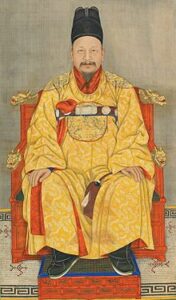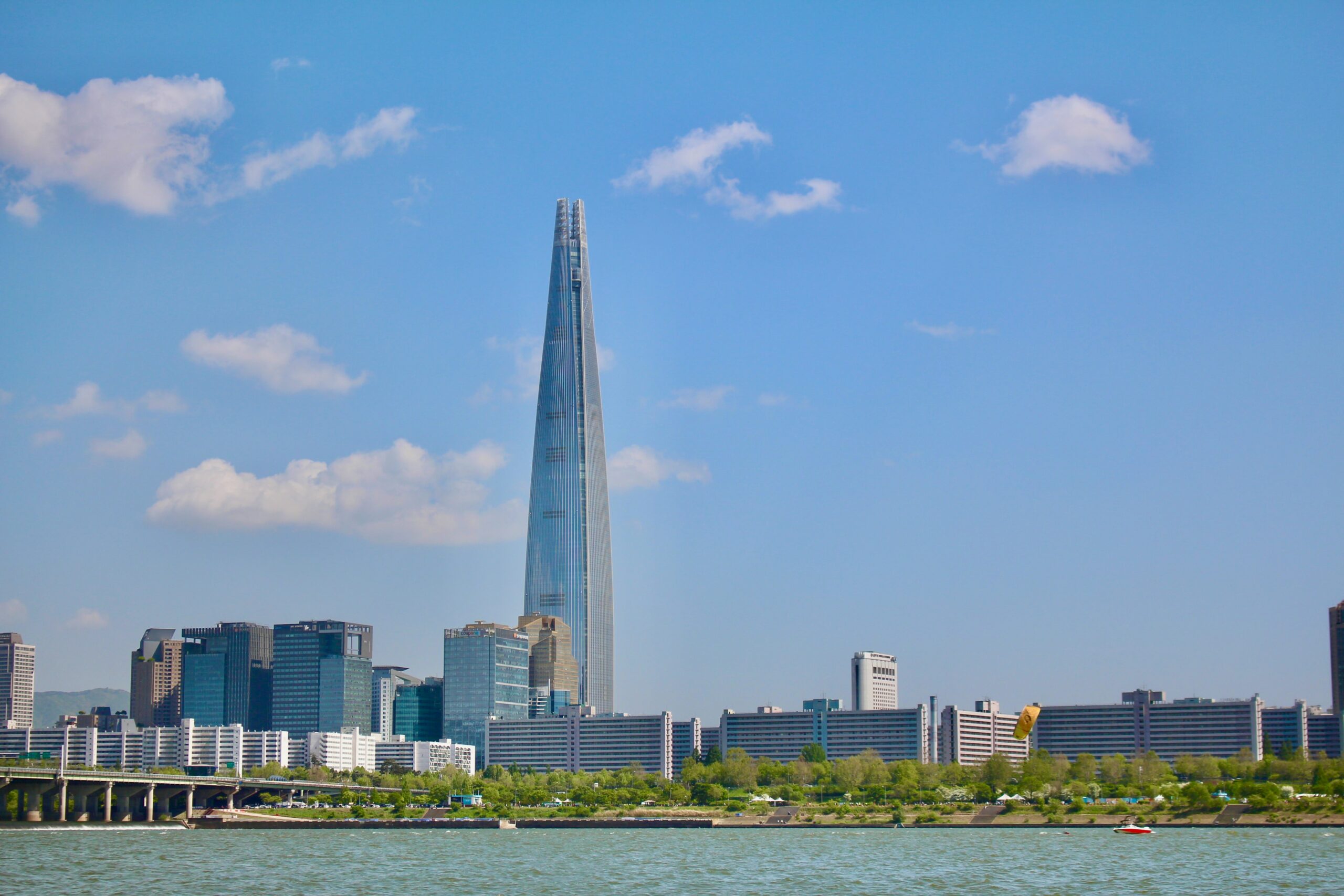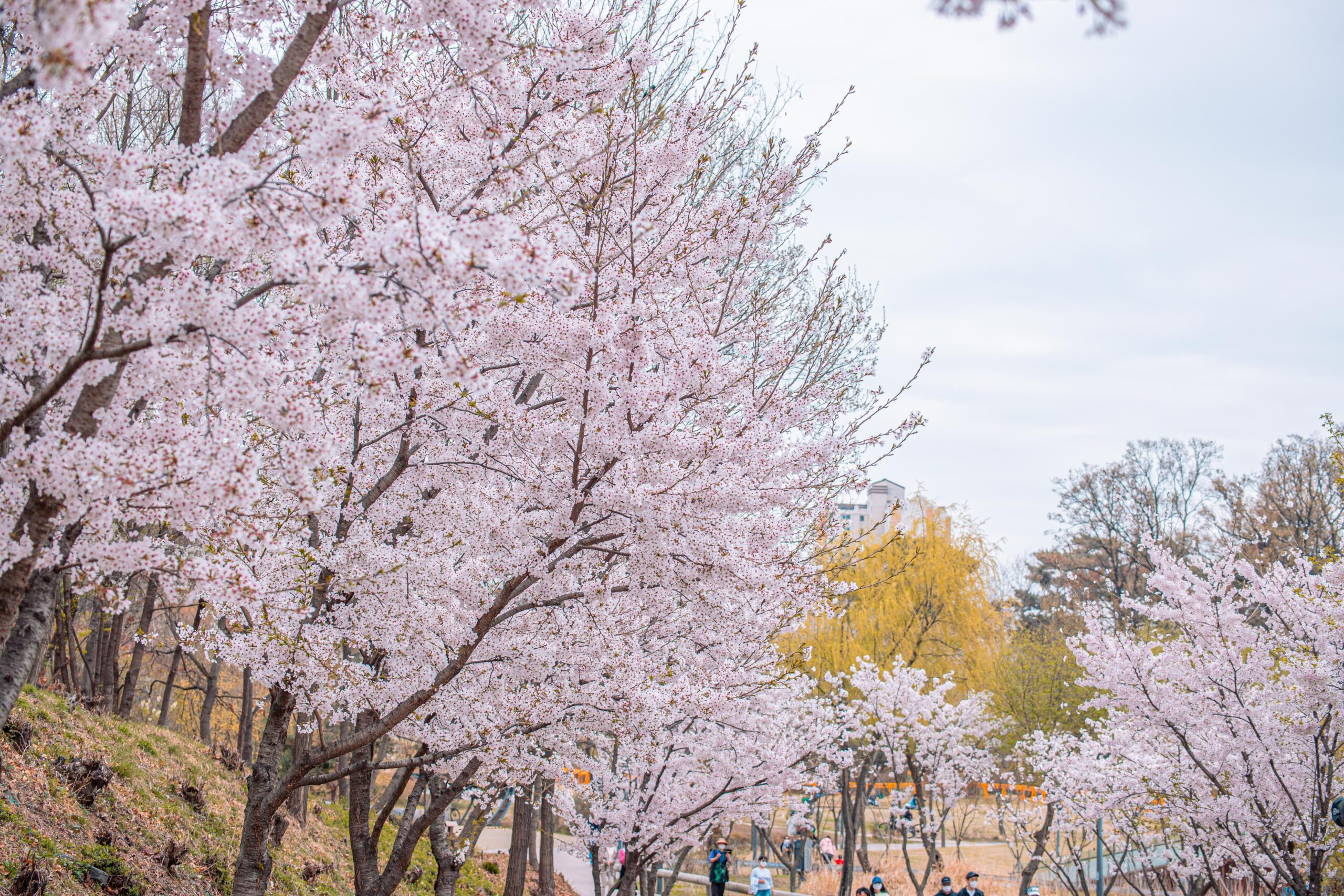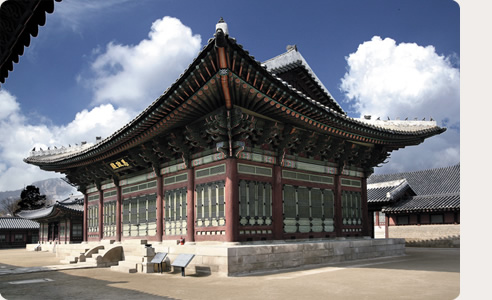The meaning of Hanguk
Discover the fascinating origins of ‘Hanguk’, the abbreviation for Daehanminguk. The term ‘Han’ transcends mere nomenclature; it embodies ancient Korean culture and holds diverse interpretations like ‘one,’ ‘sky,’ and ‘big.’ Its utilization in religious and political contexts unveils the profound significance it carries. Dive into the rich history and explore the multifaceted meanings of ‘Han’ for a glimpse into the essence of Korea.
In 1897, King Gojong declared the Korean Empire at Deoksugung Palace and revived the name ‘Han’ for the modern nation. It is said to be ‘Daehan’ by attaching “Dae,” which means “big” in front of “Han.” King Gojong gave the reason why he decided on the name: ‘Han’ is our unique name and also encompasses the three countries of the Three Kingdoms period, so it is appropriate to use the name Han, which means big.

The Provisional Government of the Republic of Korea determined the name ‘Daehanminguk’ shortly after the March 1st Movement in 1919. They added ‘Minguk’ (meaning republic) to ‘Daehan’. After liberation from the Japanese in 1945, the Constitutional Assembly inherited this national name and specified it in the Constitution. Korean people call their national name ‘Daehanminguk’ or “Hanguk” for short.
Hanguk = Daehanminguk = Korea
Are you aware that ‘Daehanminguk’ is a widely recognized term for Korea? Interestingly, Arabian merchants played a remarkable role in spreading the name of Goryeo, an ancient Korean country, globally. As we delve into history, we discover that Europeans initially referred to it as Core, Kore, or Kori. Over time, the terminology transformed into ‘Corea,’ ‘Koria,’ and finally settled on ‘Korea.’ As we fast forward to the contemporary context, people universally acknowledge the Republic of Korea as Korea or the R.O.K. What’s truly captivating is the intricate journey of a country’s name, revealing a rich and complex history! Embark on a fascinating exploration of the evolving nomenclature of Korea.




